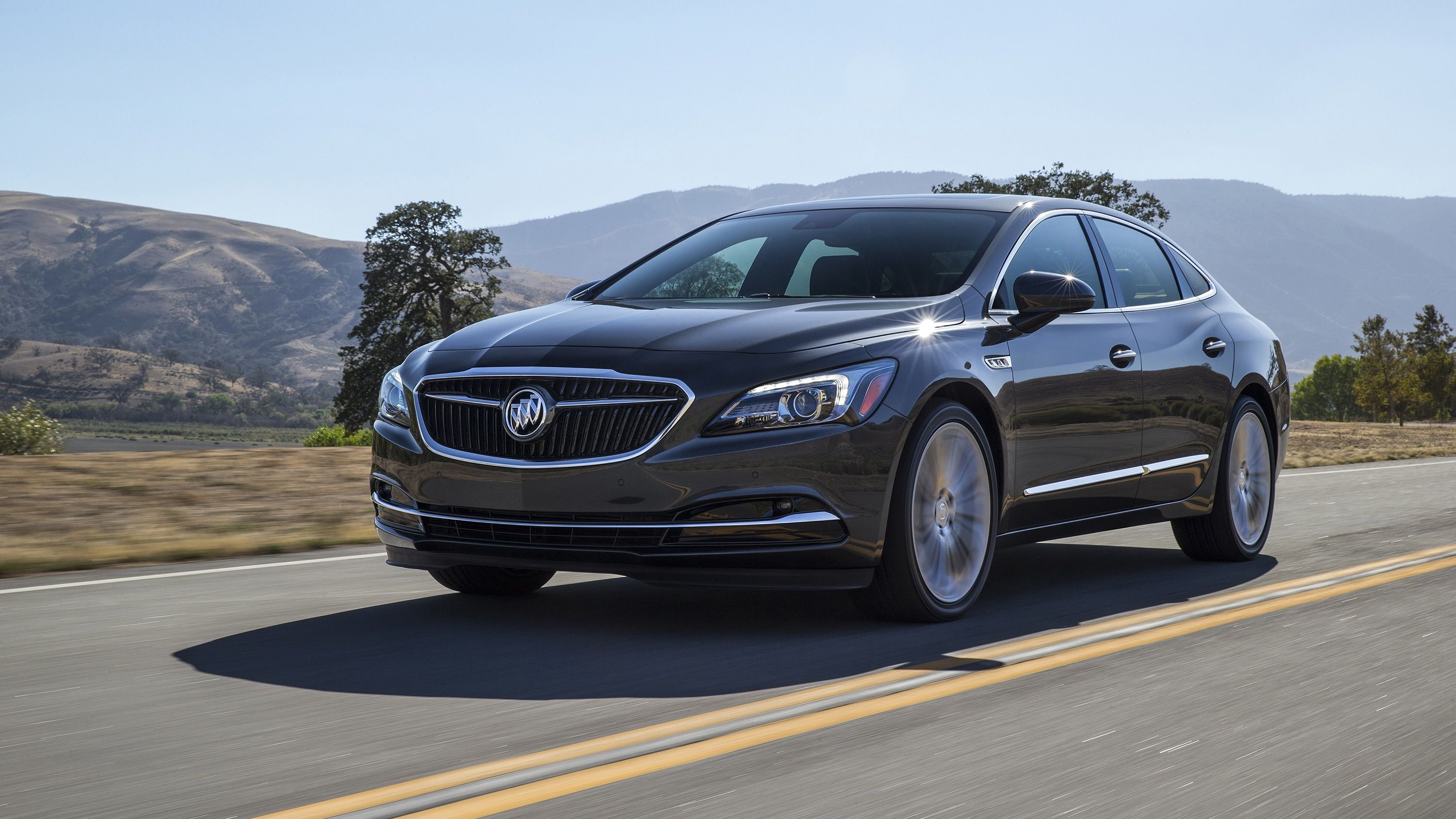Consumer Reports’ Annual Brand Reliability survey is a go-to source for a lot of prospective car buyers who rely on the rankings to determine whether the brand and model they’re choosing is worth the money. Recently, Consumer Reports published its latest reliability rankings and the biggest winner other than Lexus and Toyota retaining the top two spots for the fourth year in a row is Buick.
Believe it or not, but General Motors’ luxury brand finished third in the rankings, the first time a U.S. auto brand has cracked the podium since Consumer Reports started tracking and ranking these things over 35 years ago. By comparison, Chevrolet is the next highest U.S. brand in the rankings and it finished 15th out of 29 brands tested by Consumer Reports.
Buick’s achievement can be attributed to a number of factors, and while its limited vehicle lineup was seen as an unintended advantage, it still speaks to the brand’s revival as a legitimate player in the luxury car segment.
The brand’s surprising rank also comes in the midst of a lot of predictable results, most notably the continued dominance of Asian brands in the rankings. In addition to Lexus and Toyota finishing first and second, respectively, Hyundai and Kia came in at fifth and seventh in the rankings, respectively. Nissan, Acura, Infiniti, and Mazda also moved up the ranks, leaving Honda and Subaru as the notable exceptions. Honda, in particular, was undone by the Civic receiving a “much-worse-than-average” reliability rank in part because of its botchy power equipment and infotainment systems.
European brands also scored well, relative to their past rankings. Audi continues to be the best of the lot with a fourth place finish while BMW cracked the top 10. Even Mercedes, which languished in the bottom third of the rankings in last year’s survey, moved up four places to 17th.
American brands were scattered all over the rankings, although most of them finished in the bottom half of the survey. Chevrolet did move up from 20th to 15th place on the back of strong performances from the Cruze and Corvette models, but Cadillac and GMC dropped in the rankings. Then there’s Tesla, which made its debut in the survey, only for it to finish near the bottom at 25th, thanks in large part to the abundant of issues attributed to the Model X.
Continue after the jump to read the full story.
It’s a good guide, but don’t let it be the defining factor
Buick finishing third place in Consumer Reports’ Annual Brand Reliability survey; who saw that coming, right? And the Honda Civic getting poor reviews despite being the current North American Car of the Year? And Tesla? Well, that’s not really surprising considering how many issues the Model S and Model X have had since they were released.
Rankings or ratings like this are often a good guide in determining which cars are worth the money, but it also gives an idea of how public perception can shape a model’s appeal, especially when it begins touting other more appealing factors about these models. Take for Buick for example. Finishing third in the rankings is a great achievement in it of itself and the company should be proud of it. But when was the last time you saw people tripping over themselves to Buick dealerships looking to buy the Verano, LaCrosse, or Envision? On the opposite end of the spectrum, Tesla is ranked near the bottom of the rankings but it can make a case as the hottest automaker in the U.S. right now, thanks in large part to the popularity of the Model S and Model X, quirks and all.
That’s the thing with these types of rankings and surveys. They show one thing, but they don’t paint the whole picture. Granted, what Consumer Reports is doing is very admirable because it’s zeroing in on reliability as the biggest indicator of their rankings. That’s a good thing, but it’s also not the only thing that determines what model a buyer ends up picking. There are other factors like style, price, and tech features that come into play, for better or worse.
It’s nice that Buick ended up this high in the rankings and making history at that. But the reality is, don’t expect the Verano to start outselling the Honda Civic anytime soon. That’s just not how it works.

